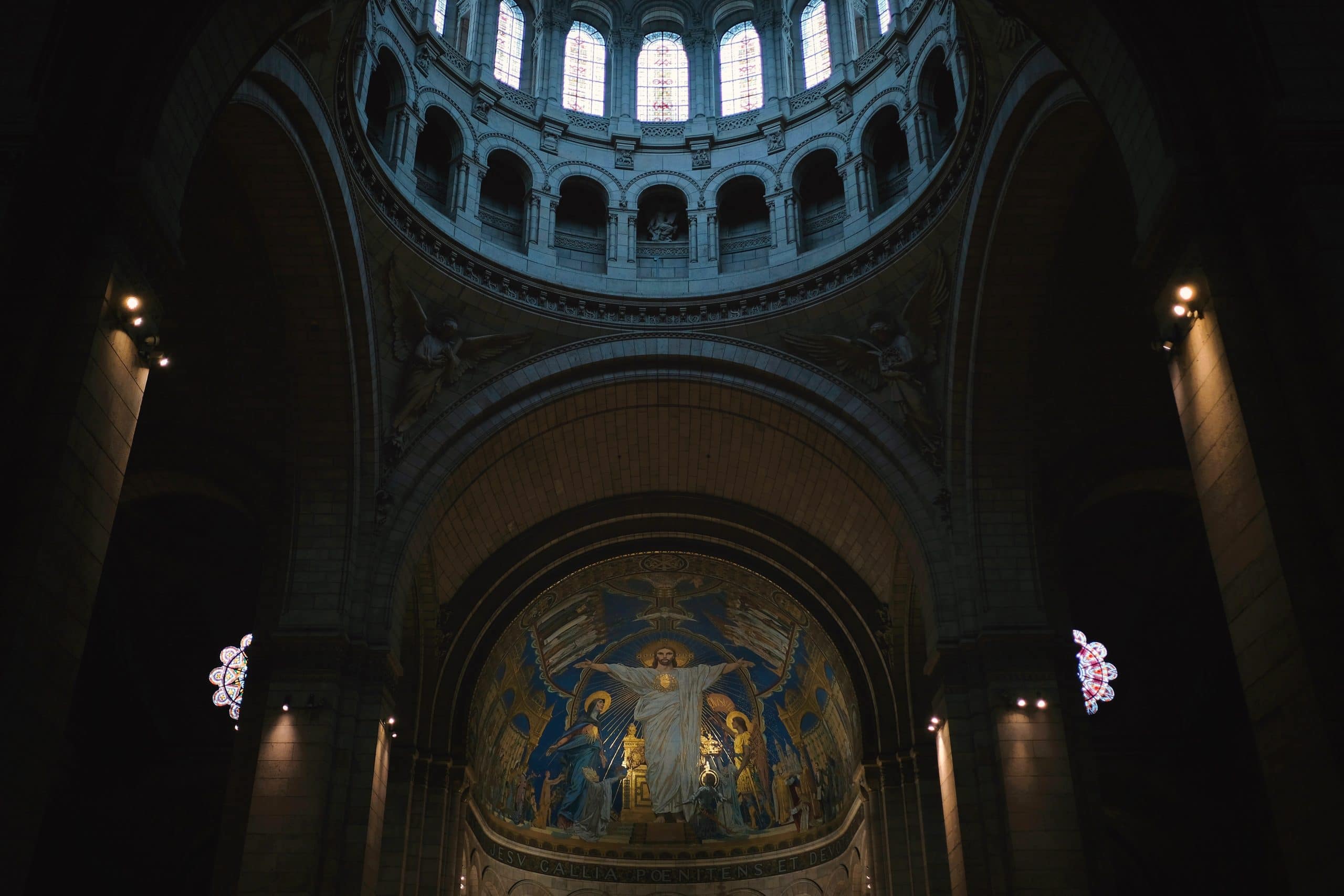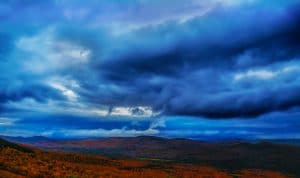Hildegard of Bingen(1098[?]-1179), also known as Saint Hildegard and Sibyl of the Rhine, was a German Benedictine abbess, writer, composer, philosopher, Christian mystic, visionary, and polymath. She wrote theological, botanical, and medicinal texts, as well as letters, liturgical songs, and poetry. She also created the first morality play and invented her own language. She was truly ahead of her time.
She saw visions throughout her life from the age of three. It was not until the age of 42 that she began to share her visions in writing, sermons, and over 70 monophonic liturgical songs. Her visions were overwhelming and, as such, debilitating. But even through her physical dysfunctions, her genius is as evident as her faith in God. Somehow, she managed to turn this “indisputably migrainous” experience, as the well-known neurologist Oliver Sacks put it in his book Migraine, into beautiful and transcendent music.
As a prayer practice, the music of Hildegard of Bingen draws from within me a peace that already exists and needs only to be accessed. The peace that exists in my heart–my connection to the Spirit–fills me up and flows out of me. It is in this act of praying that I begin seeing the peace within myself, and I begin to see this peace active in those around me. I listen to her paean and hear the soaring emotion of encountering a maternal, earthly love for all creation and the Love which unites all living things and flows intimately through them.
I am drawn to wonder about the mysteries of God’s love, bathing the cosmos in all knowledge, all wisdom, all truth. There is ample space in this music to feel what it means to be eternally thankful for the Spirit’s gift of light; that light envelops everything. Nothing is fixed or stationary, everything comes from and flows into each other thing. When I listen to her melodic chants, my stress level falls to zero. Through this sacred poetry, I can imagine the ecstasy that is beyond mortal ability to fully grasp.
Perhaps I attain even a small measure of what one would feel if confronted with visions from God. We are all part of this divine animating Spirit. I praise God for this gift of light, love, and life where even I, one woman out of 7.5 billion humans in the world, may take part and serve with joy in His redemptive purpose for all.
Prayer comes in infinite shapes and forms. But you don’t have to take my word for it! I encourage you to listen to “O ignis Spiritus Paracliti.” Then read the lyrics translated from the Latin by Nathaniel M. Campbell below, and see where the Spirit leads you.
O ignis Spiritus Paracliti
O fire of the Spirit and Defender,
the life of every life created:
Holy are you—giving life to every form.
Holy are you—anointing the critically
broken. Holy are you—cleansing
the festering wounds.
O breath of holiness,
O fire of love,
O taste so sweet within the breast,
that floods the heart with virtues’ fragrant good.
O clearest fountain,
in which is seen the mirrored work of God:
to gather the estranged
and seek again the lost.
O living armor, hope that binds
the every limb,
O belt of honor: save the blessed.
Guard those enchained in evil’s prison,
and loose the bonds of those
whose saving freedom is the forceful will of God.
O mighty course that runs within and through
the all—up in the heights, upon the earth,
and in the every depth—
you bind and gather all together.
From you the clouds flow forth, the wind takes flight,
the stones their moisture hold,
the waters rivers spring,
and earth viridity exudes.
You are the teacher of the truly learned,
whose joy you grant
through Wisdom’s inspiration.
And so may you be praised, who are the sound of praise,
the joy of life, the hope and potent honor,
and the giver of the gifts of light.
Read more here.
Reality Changing Observations:
1. What emotions rose up in you as you listened to and read the lyrics?
2. What lyric or aspect of the music was most compelling or thought provoking?
3. How can the many iterations of creative activity be used in prayer in the present day?





